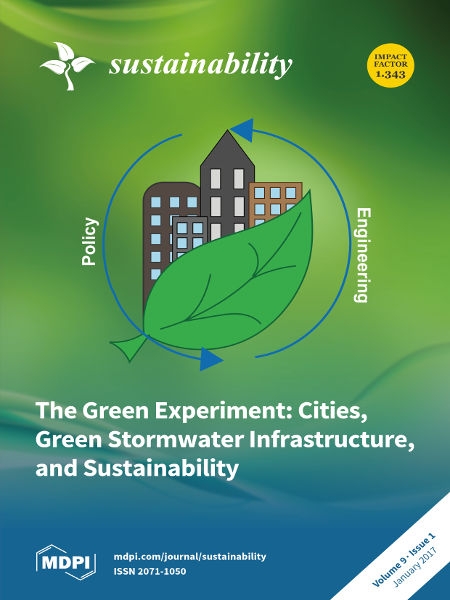|
Autores/as
Palau-Saumell, R. ; Forgas-Coll, S.; Sánchez-García, J.; Robres, E. ; Forgas-Coll, S.; Sánchez-García, J.; Robres, E.
|
Abstract
This paper examines the adoption of mobile applications for restaurant searches and/or reservations (MARSR) by users, as part of their experiential quality. Following an extended and expanded version of UTAUT-2, this research proposes eight determinants of intentions to use: performance expectancy, effort expectancy, facilitating conditions, hedonic motivation, price-saving orientation, habit, social influence, and perceived credibility. The data were collected from Spanish users of MARSR applications (n = 1200), and analyzed using structural equation modeling (SEM). The findings confirm the need to extend and expand UTAUT-2 by incorporating perceived credibility and the social norm approach. The results gathered from SEM indicate that the drivers of intentions to use MARSR are, in order of impact: habit, perceived credibility, hedonic motivation, price-saving orientation, effort expectancy, performance expectancy, social influence, and facilitating conditions. Habit, facilitating conditions, and intentions to use are significantly related to use. Additionally, the moderating effects of gender, age, and experience were tested by means of a multi-group analysis. The users’ experience was seen to exert a moderating effect in some of the relationships hypothesized in the model, while gender and age did not play a significant role. The findings have both research and practical implications.
|

WoS
Scopus
Altmetrics
 
|
